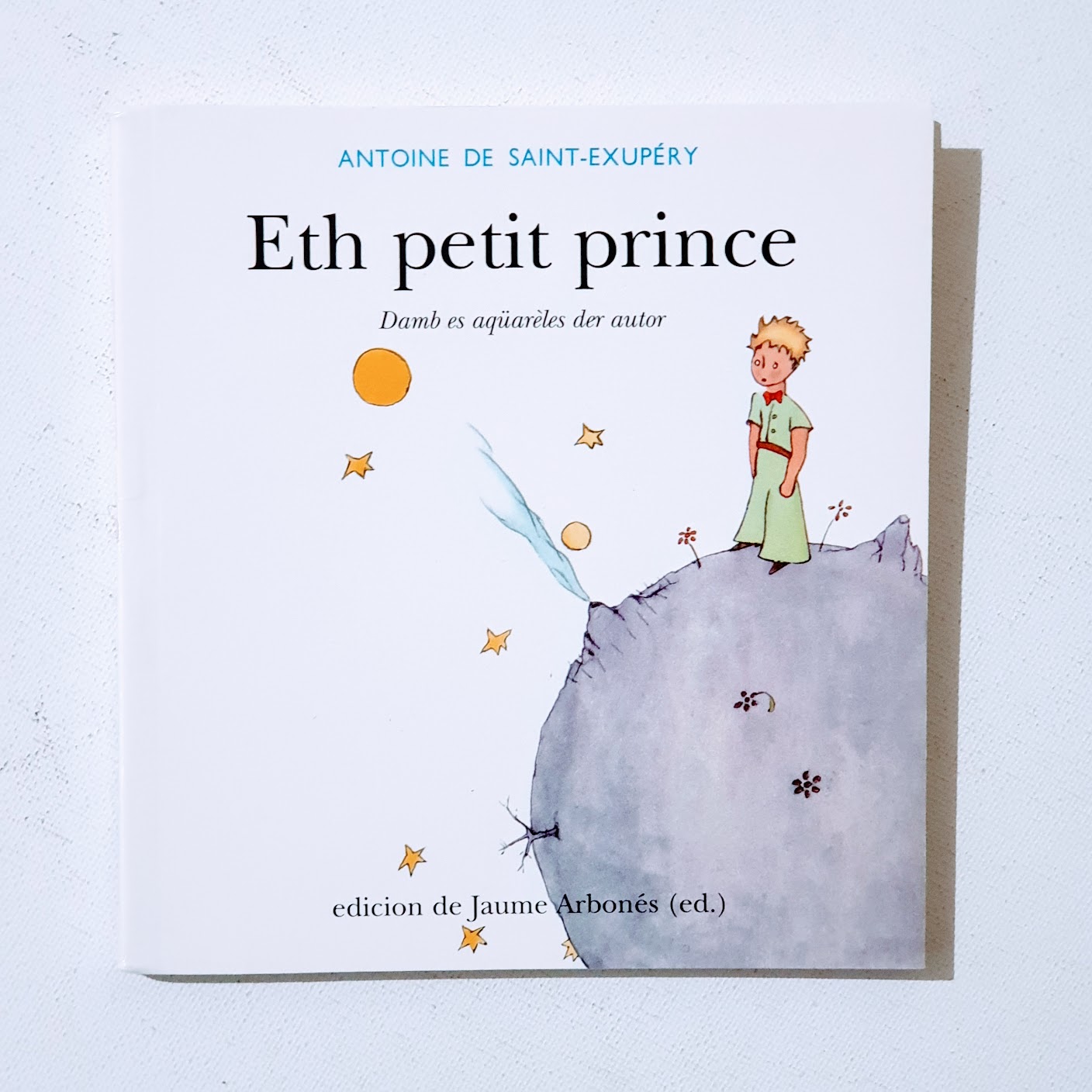
Eth Petit Prince — in Aranese.
Aranese, or Aranés, is a deeply rooted and culturally significant variety of Occitan, spoken in the Val d’Aran, a small autonomous valley nestled in the Pyrenees of Catalonia, Spain. As a variety of Gascon Occitan, Aranese is not a dialect of Spanish or Catalan, but rather part of the broader Occitan language continuum that once stretched vibrantly across southern France. What makes Aranese remarkable is its survival as a living minority language on the southern side of the Pyrenees, protected and promoted not only by local tradition but by official recognition: since 2006, it has held co-official status in Catalonia alongside Catalan and Spanish, making it one of the few forms of Occitan with institutional support.
Historically, the Val d’Aran’s geographical isolation helped preserve its language through centuries of political change. While Aranese has always been linguistically closer to the Gascon dialects of France than to Iberian languages, it has coexisted for generations with both Catalan and Spanish, leading to a fascinating trilingual society. Cultural identity in the valley is strongly tied to language; Aranese is the voice of oral storytelling, traditional music, and seasonal festivals that reflect both Pyrenean and Gascon heritage. It is also increasingly taught in schools, used in local administration, and heard in public signage, media, and theatre, reinforcing its relevance in modern civic life.
In relation to Spain’s other languages, Aranese occupies a unique niche. While Spanish (Castilian) is dominant nationally, and Catalan culturally and politically strong in Catalonia, Aranese represents a distinct linguistic tradition—neither Iberian nor derived from Latin in the same regional pathway as its neighbours. It forms part of Spain’s broader linguistic mosaic, which includes Basque, Galician, and Astur-Leonese, each reflecting different historical trajectories. Aranese, however, is the only language in Spain with roots in Occitania, linking the Val d’Aran more closely with Toulouse than with Madrid or Barcelona in linguistic terms.


